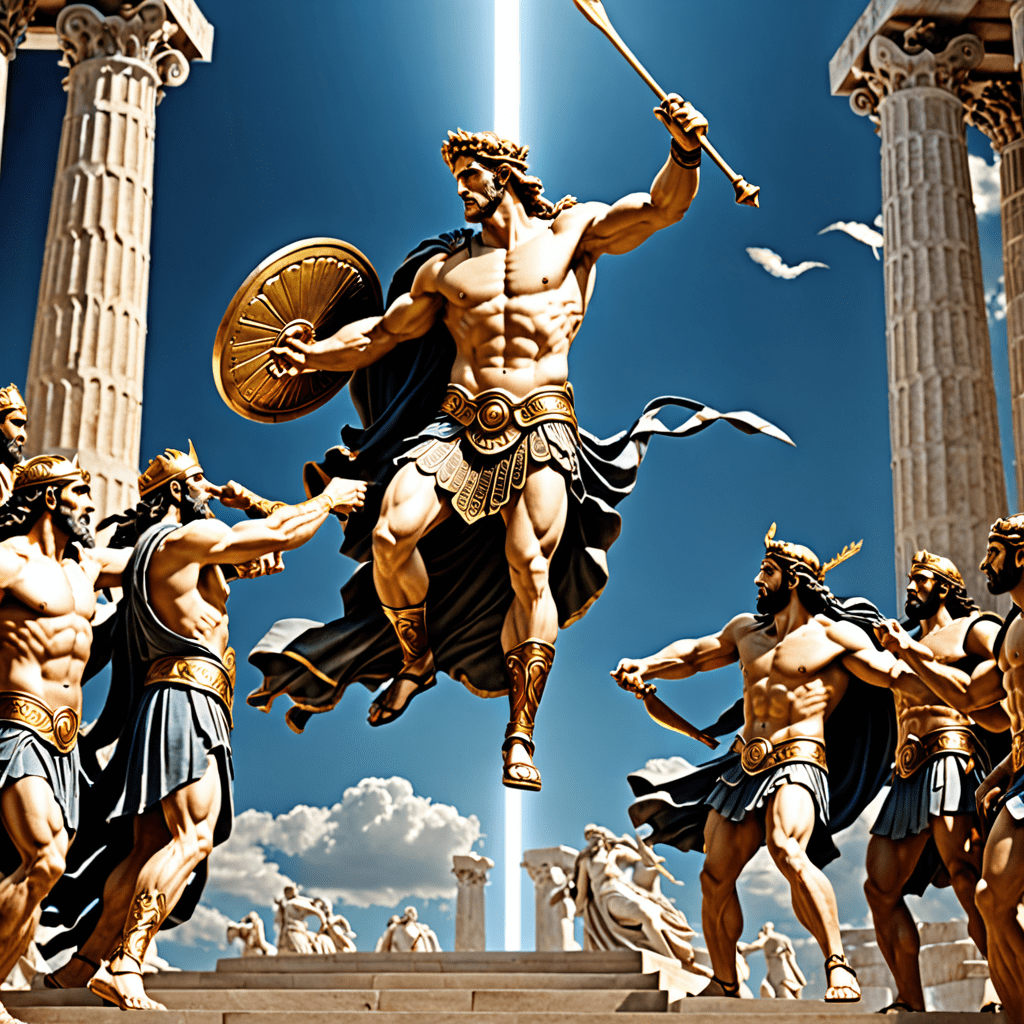The Influence of Greek Mythology on Leadership
Greek mythology, with its intricate stories of gods, heroes, and monsters, has often served as a rich source of inspiration for various aspects of human life, including leadership. The myths portrayed in ancient Greek tales provide us with valuable insights into different leadership styles, qualities, and challenges. Let’s delve into how Greek mythology shapes our understanding of leadership.
Ancient Greek Heroes as Leadership Archetypes
In Greek mythology, prominent figures like Odysseus, Achilles, and Hercules exemplified various leadership qualities. Each hero showcased traits such as courage, strategic thinking, resilience, and determination in the face of adversity. These character attributes are often considered fundamental to effective leadership in real-world contexts.
Lessons from Mythological Leaders
Mythological leaders like King Arthur of Camelot, known for his vision and sense of justice, offer timeless lessons on integrity and the impact of moral leadership. Similarly, characters like Athena, the goddess of wisdom, represent the importance of intellect and wisdom in making sound decisions as leaders.
The Intersection of Power and Responsibility
Greek mythology also delves into the concept of leadership responsibility and the delicate balance between power and accountability. The tale of King Midas, who learned the dangers of unchecked greed and the consequences of his actions, serves as a cautionary lesson for leaders in handling authority with care and humility.
Cultivating Leadership Excellence
By studying the stories of Greek mythology, leaders today can glean valuable insights into the complexities of leadership roles and the importance of qualities such as empathy, decisiveness, and self-awareness. Understanding the multifaceted nature of leadership through the lens of ancient myths can help individuals navigate challenges and inspire others with purpose and vision.
FAQ: Greek Mythology and the Concept of Leadership
What is Greek mythology?
Greek mythology refers to the collection of myths and legends created by the ancient Greeks to explain natural phenomena, cultural traditions, and the origins of the world. These stories often center around gods, goddesses, heroes, and mythical creatures.
How does Greek mythology relate to the concept of leadership?
Leadership qualities like wisdom, courage, and strategic thinking are often exemplified by Greek mythological figures such as Zeus, Athena, and Hercules. Myths offer valuable lessons on governance, decision-making, and the responsibilities that come with leadership roles.
Which Greek mythological figures are known for their leadership abilities?
Prominent figures in Greek mythology known for their leadership skills include Zeus, the king of the gods; Athena, goddess of wisdom and strategic warfare; and Odysseus, famed for his cunning leadership during the Trojan War and his journey back home in Homer’s “Odyssey.”
What lessons can be learned from Greek mythology regarding leadership?
Greek myths highlight the importance of integrity, resilience, and empathy in leadership. Stories of leaders facing challenges, making sacrifices, and upholding moral values serve as timeless lessons for individuals in positions of authority.



